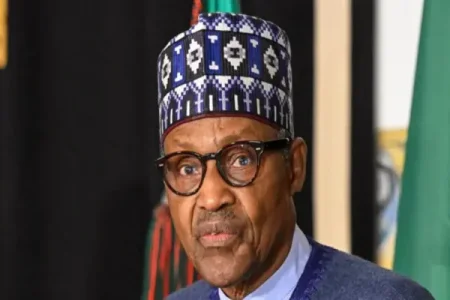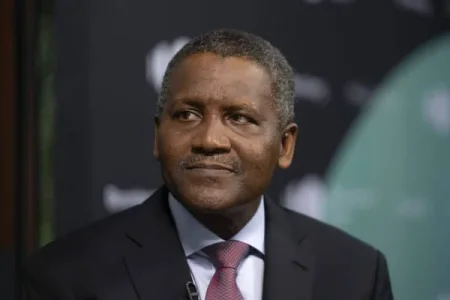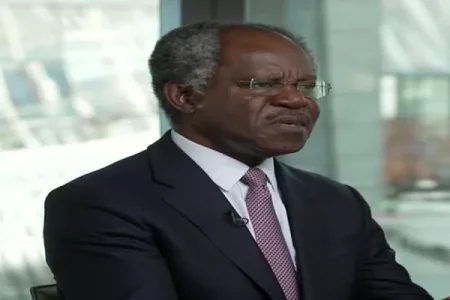
The Digest:
Former President Muhammadu Buhari’s presidency was marked by significant economic events that had far-reaching implications for Nigeria’s economy. From the NNPC’s transition into a limited liability company to the controversial naira redesign, his tenure was filled with challenges and reforms that will be remembered for years to come.
Key Points:
- Twin Recessions: Nigeria experienced two recessions during Buhari's tenure—one in 2016 and another in 2020 due to oil price crashes and the COVID-19 pandemic.
- International Influence: Nigeria gained high-level positions in international organizations, with Buhari backing key Nigerian figures like Ngozi Okonjo-Iweala and Akinwumi Adesina.
- COVID-19 Economic Response: The administration launched the N2.3 trillion economic sustainability plan in 2020, focusing on job creation and support for small businesses.
- Treasury Single Account (TSA): Full implementation of the TSA aimed at improving transparency and curbing financial leakages within government agencies.
- Border Closures: In August 2019, Nigeria closed its borders to curb smuggling and promote local production, especially rice. It was reopened in December 2020.
- Oil Production Decline: Despite being Africa’s largest oil producer, Nigeria’s oil output decreased significantly under Buhari, with a decline to below 1 million bpd in 2022.
- Off-Spec Petrol Crisis: In 2022, Nigeria experienced a fuel crisis due to the distribution of off-spec petrol, triggering nationwide scarcity.
- Oil Theft: Widespread oil theft and pipeline vandalism caused a significant drop in Nigeria's oil production, costing the country billions.
- NNPC Transition: Buhari oversaw the transformation of NNPC into a limited liability company, aiming to make the state oil giant more efficient and profitable.
- Rising Public Debt: Nigeria’s public debt skyrocketed during Buhari’s tenure, with local debt rising from N8.84 trillion in 2015 to N44.91 trillion by 2023.
- Naira Redesign: The Central Bank announced the redesign of the N200, N500, and N1000 notes in 2022 to combat inflation, counterfeiting, and reduce cash available for criminal activities.
Buhari’s presidency was a time of economic turmoil, significant reforms, and ambitious plans for Nigeria's future. While his efforts at combating corruption and addressing the country’s debt burden remain part of his legacy, the impact of his economic policies will continue to spark debate long after his tenure.
Sources: The Cable, Premium Times, BusinessDay




